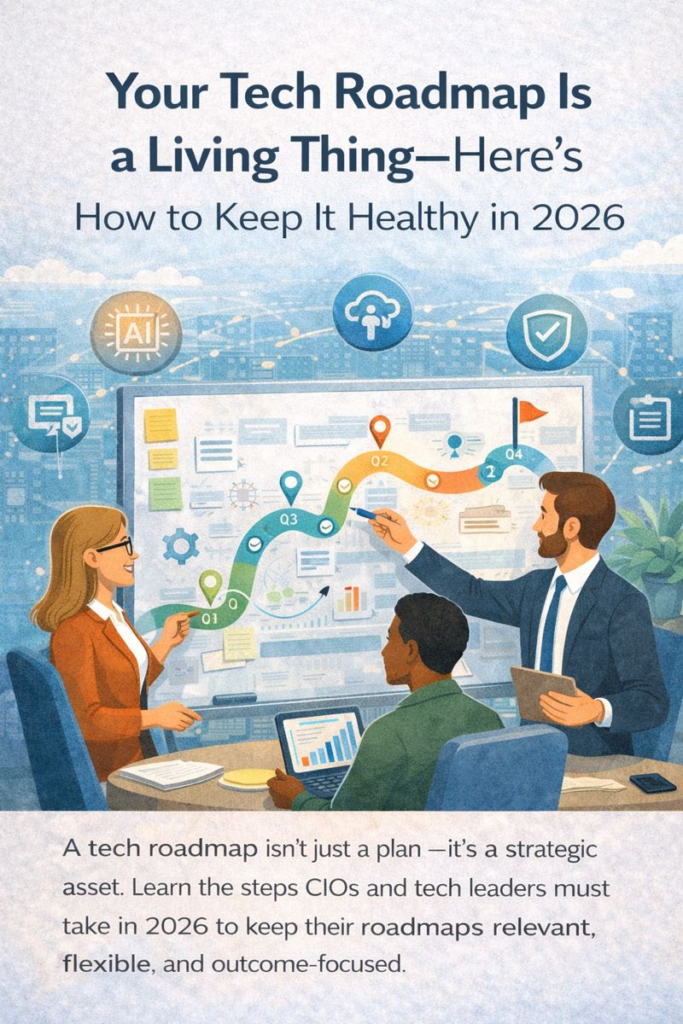When “Good Enough” Isn’t Good Enough: Setting a Higher Bar in Your Tech Organization

When you lead a team, the gravitational pull toward “good enough” is always present. It shows up as missed code reviews that get waved through, half-baked features that “we’ll fix in the next sprint,” or vendor pitches accepted because they check the basic boxes. But in 2026, “good enough” no longer cuts it—especially when your competitors are moving faster, investing smarter, and shipping better.
Excellence is a Culture, Not a One-Off
Raising the bar isn’t about perfection. It’s about refusing to settle. It starts with modeling high standards in how we lead meetings, review work, and handle difficult decisions. If a prototype doesn’t quite do the job, kill it early. If a process creates friction, fix it instead of ignoring it. The tone you set as a leader becomes the bar everyone either clears—or limbos under.
Where to Start Raising the Bar
- Customer Experience: Is the experience you’re delivering something you’d personally rave about? If not, it’s time to rethink.
- Code Quality: Technical debt doesn’t fix itself. Are your teams empowered to build things right the first time?
- Hiring and Onboarding: Are you choosing talent that elevates the team—or just fills a gap?
- Post-Project Debriefs: Do you hold them regularly—and do they actually result in change?
Small Improvements Compound
You don’t need a revolution. You need consistent pressure in the right direction. Every time you choose rigor over rush, feedback over avoidance, or clarity over confusion, you’re building a culture that attracts A-players and earns client loyalty.
Because in 2026, excellence isn’t just a differentiator. It’s the expectation.



